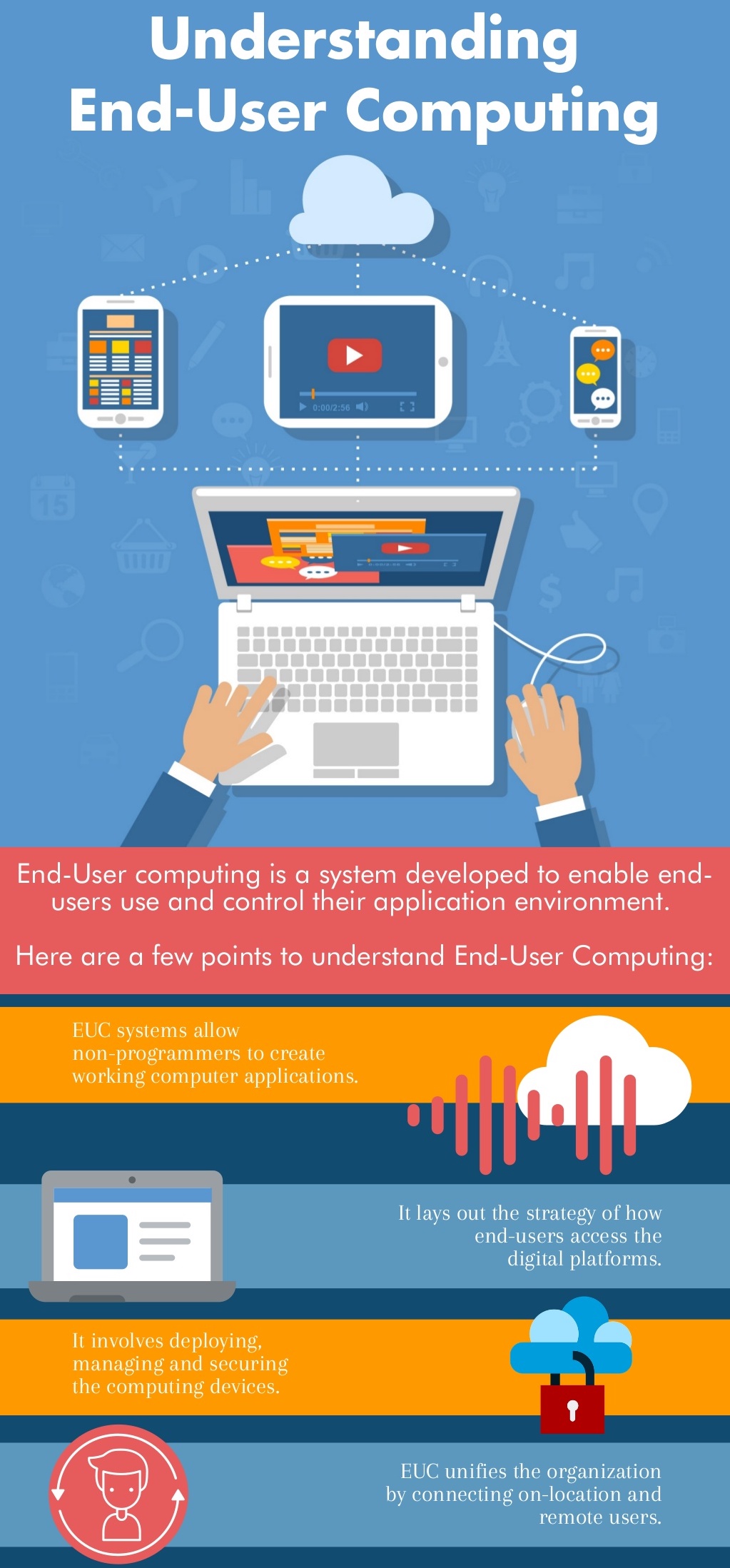Learnerships
A learnership is a work-based learning programme that leads to a NQF (National Qualifications Framework) registered qualification. Learnerships are directly related to an occupation or field of work, for example, electrical engineering, hairdressing, project management IT support and IT development. Learnerships are managed by Sector Education and Training Authorities (SETAs).
Learnerships target individuals who do not have the necessary tertiary education / qualification to meet the minimum academical requirements for an occupational position. Most learners on a learnership only have a schooling background.
The programme runs over a period of one year and the learner gets exposed to theory, practical and the workplace. By the end of the programme the learner must be able to demonstrate applied competency to complete the programme successfully. Learners will receive a certificate issued by the relevant SETA.
With learnerships, the unemployed learner receives a stipend from the employer-company. The employer-company will fund the programme. Funding can be industry or SETA based. An employer-company must make use of an accredited training provider in the specific field of learning.
Learnerships are Pivotal programmes, as the end results are recognised as a formal qualification.
Learnerships are based on legally binding agreements between an employer, a learner and a training provider. This agreement is intended to spell out the tasks and duties of the employer, the learner and the training provider. It is designed to ensure the quality of the training and to protect the interests of each party.
A learnership programme makes provision for both an employed and unemployed learner.
When the learners contract ends at the completion of the learnership, he/she may be offered employment if vacancy exists and performance has been acceptable. Benefits to a learnership includes tax rebates up to R120 000 per learner.

Foster-Melliar Academy offers the following learnerships:

- National Certificate: Information Technology: End User Computing – NQF 03
- Further Education and Training Certificate: Information Technology: Technical Support – NQF 04
- Further Education and Training Certificate: Information Technology: Systems Development – NQF 04
- National Certificate: Information Technology: Systems Support – NQF 05
- National Certificate: Information Technology: Systems Development – NQF 05
- Further Education and Training Certificate: Project Management – NQF 04
- National Certificate: Business Analysis – NQF 05
WHAT Are the main benefits OF A LEARNERSHIP?
There are a number of reasons why employers should get involved in learnerships. Learnerships are a way to get more skilled people.
Skilled people make better employees as they:
- Are more proficient and effective in the job due to newly acquired skills
- Are more likely to ‘get the best’ out of their machines
- Tend to be more independent workers/employees
- Are more motivated because they know why what they are doing is important to the overall business and might also be less likely to leave their jobs.

Internships / WORK INTEGRATED LEARNING


An internship / work integrated learning is a work-based experience programme after the individual has completed a full qualification, thereby having a tertiary education. In certain cases, the individual can only obtain his/her degree/diploma by completing practical work experience in a job that should be related to the qualification obtained.
With internship, the unemployed intern receives a stipend from the employer’s company. The employer’s company will fund the programme. Funding can be industry or SETA based. Internship programme should preferably be under supervision of a qualified stakeholder. Internships are Non-Pivotal programmes, as the end result is to obtain work experience and not a qualification. Internships are based on legally binding agreements between an employer and an intern. This agreement is intended to spell out the tasks and duties of the employer and the intern. It is designed to ensure the quality of the programme and to protect the interests of each party. When the interns contract ends at the completion of the internship, he/she may be offered employment if vacancy exists and performance has been acceptable. An Internship does not qualify for tax rebates, but do qualify for grants and BBBEE points.
Foster-Melliar Academy offers the following internship / WORK INTEGRATED LEARNING programmes to assist employers:

Desktop Support
System Engineering

System Development
Skills Programmes

Skills Programmes are a part qualification, which can lead to obtaining a full qualification in the future. It normally consists out of a cluster of unit standards and is subject related. Skills Programmes are part of our Pivotal Sector and can therefore be registered as such.
Employers can claim skills levies back or apply for additional grants for skills programmes. Skills Development Points on the BBBEE score card are applicable to these programmes. There are no tax rebates for skills programmes however are tax deductible.
Foster-Melliar Academy offers the following skills programmes registered on the NQF:
- Introduction to Computers
- MS Word
- MS PowerPoint
- MS Excel
- MS Outlook
- Internet Browsing & Research
- MS Access
- MS Projects
- Business Communication Skills
- Introduction to Programming
- A+ and N+

PARTNERS & ACCREDITATIONS
PARTNERS & ACCREDITATIONS
Say Hello!
ITIL® is a registered trade mark of AXELOS Limited, used under permission of AXELOS Limited. The Swirl logo™ is a trade mark of AXELOS Limited, used under permission of AXELOS Limited. All rights reserved.
Our Head Office:
Switchboard + 27 11 807 9525
Physical Address:
Building 17
Sunninghill Office Park
Peltier Drive
Sunninghill
2157
Postal Address:
P. O. Box 997 Sunninghill 2157 South Africa
